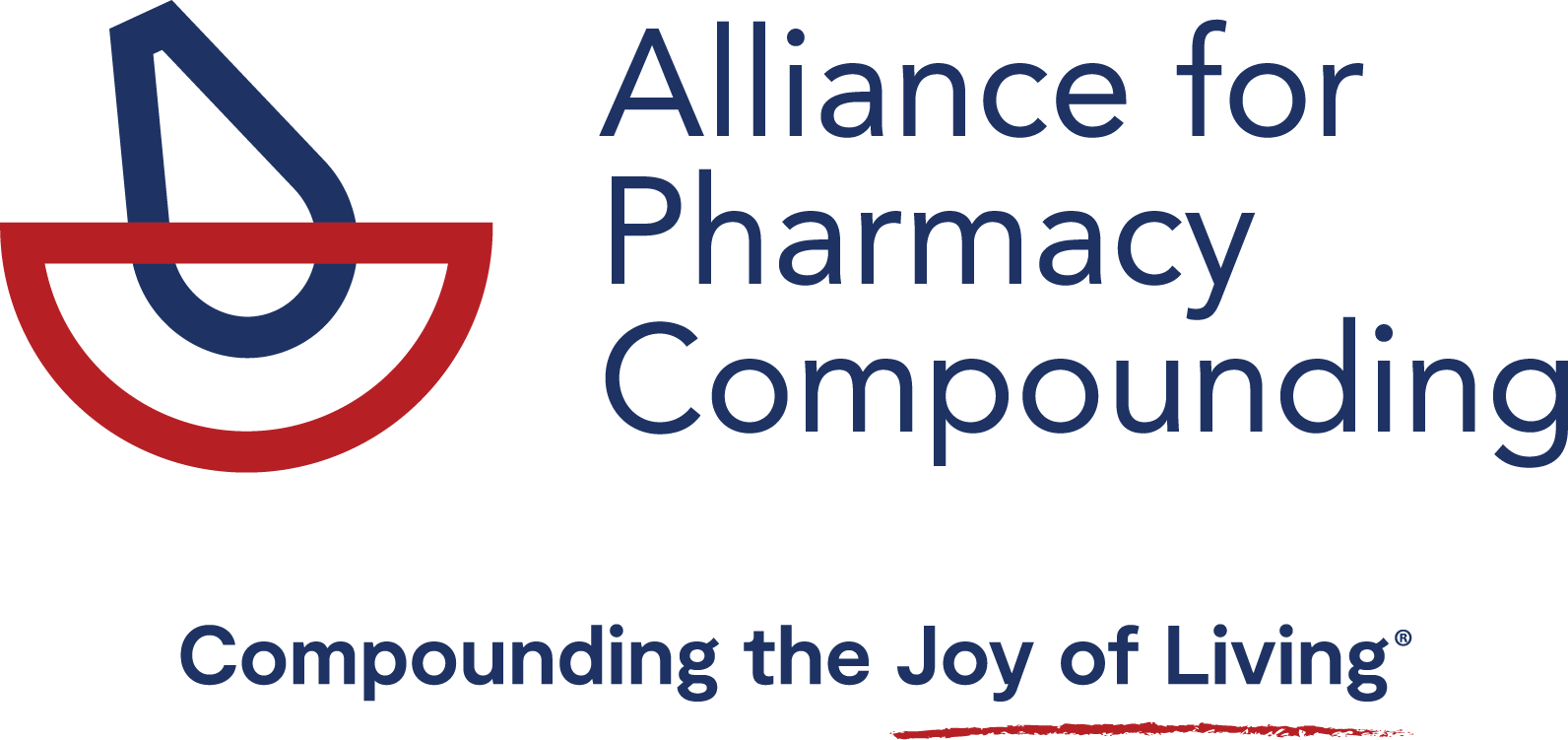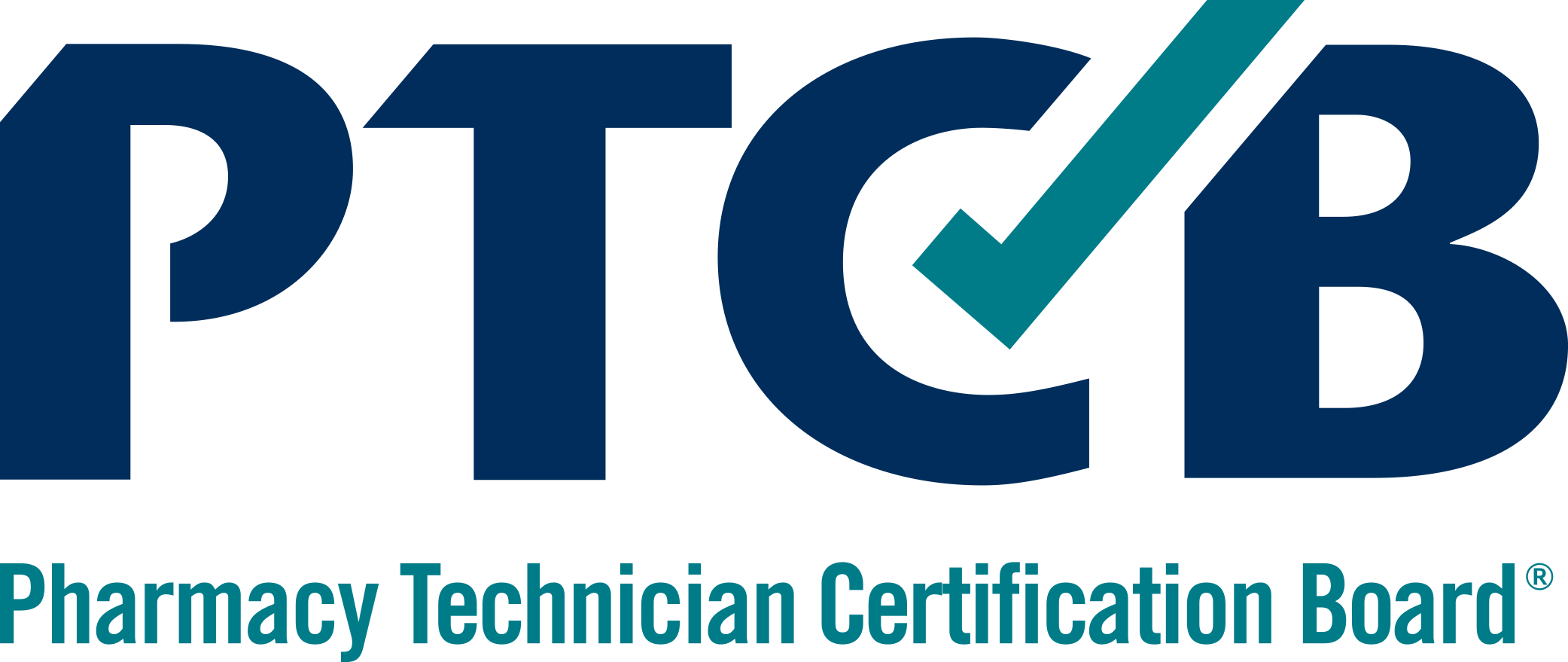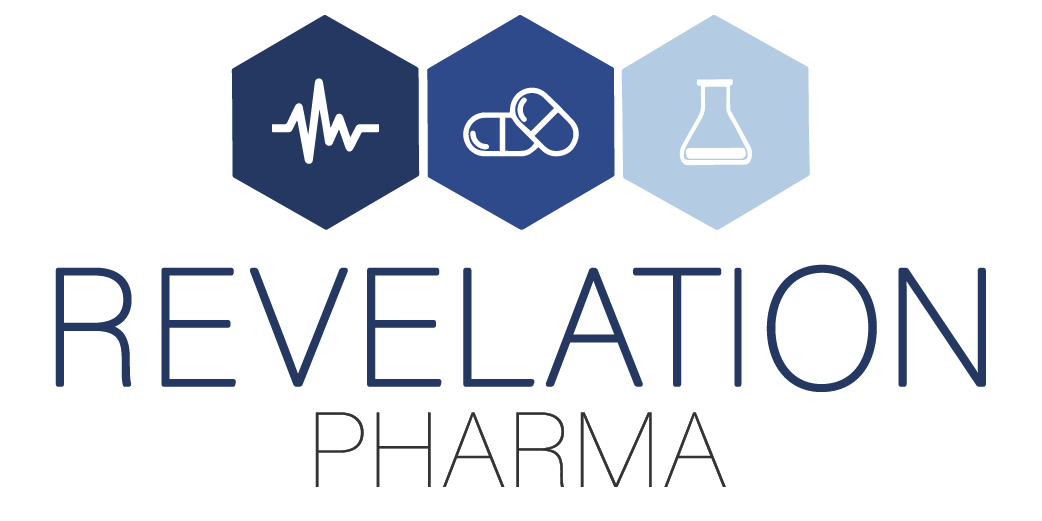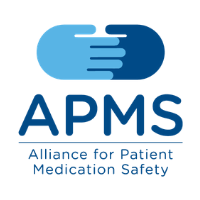November 15, 2020
Stress … and ways your pharmacist can help
Stress can come at us in many different forms — from starting (or losing) a job, going to a new school, moving, getting married or divorced, losing a friend or relative, or a host of other issues.
Most of us routinely experience a degree of stress, and sometimes expect it at specific times of the year. Who enjoys tax time? Holidays like Christmas abound with changes in stress level, both positive and negative; school starting back or ending for the summer changes stress patterns for entire families. In reality stressors have become the daily norm. We are expected to answer our phones, reply to emails, texts, and tweets, and answer Facebook messages within seconds. We are rarely without our phones and the demands they represent — or the stress burden they carry.
And then there’s 2020. We’ve had times when we didn’t know if we were going to work/school or staying home, if we would still have a job after shutting down, or even if we could get toilet paper. It seems like everywhere we turn there has been fear of the unknown and changes in expectations.
Three kinds of stress
The examples above are all emotional stressors, but there are two other primary forms of stress as well. The second is physical stress. This may result from working out too hard (yes this can be a stressor), surgeries, trauma, or from chronic pain. For many in our culture the third type of stress may be the most common, although it is rarely recognized or addressed. This is glycemic stress, the result of our cultural diet — eating too many sugars/carbs. Our bodies are working behind the scenes 24 hours a day every day trying to keep our blood sugar balanced and every meal or snack (or lack thereof) has the potential to throw us off balance leading to a stress response.
Now that we are stressed about our stress lets talk about what we can do about it. Our adrenals respond to each of these three types of stress by producing cortisol and epinephrine (also known as adrenaline), but they also produce aldosterone, DHEA, and norepinephrine. They make sure our sugar doesn’t get too low and that we can escape from the bear that is chasing us (even if the bear is a car pulling out in front of us in traffic, or too many bills to pay, or that doughnut for breakfast). We need to protect these small glands that sit atop our kidneys. Our adrenal glands have a huge, daily job — and we didn’t even mention that they become our main source of estrogen once ovarian production declines. Did you realize that one symptom of stress is hot flashes?
We need to be aware of all of the stress we are facing before it takes a toll on our health. There are nutrients that can support the body when stress just keeps on coming and one of the best people to discuss this with is your compounding pharmacist. These professionals understand the delicate balance the body is trying to maintain and know how to support the body with appropriate nutrients and hormones, both preventively and when chronic stress becomes overwhelming. Your Compounding Pharmacist can work with you and your physician to create an individualized plan to help you combat the stress in your life.
Should you have trouble finding your commercially made medications, hand sanitizer, or immune boosting vitamin supplements, please consider contacting a compounding pharmacist near you. They’re happy to help you with your health concerns, especially during this difficult time.
Connect with P3 on social media! Please like or follow our pages and we will provide updates about compounding can help you and your family, and how to advocate to protect your access to customized medications.














![Topi-CLICK a Division of TEAM Outlines[1]](https://a4pc.org/files/Topi-CLICK-a-Division-of-TEAM-Outlines1.png)






















